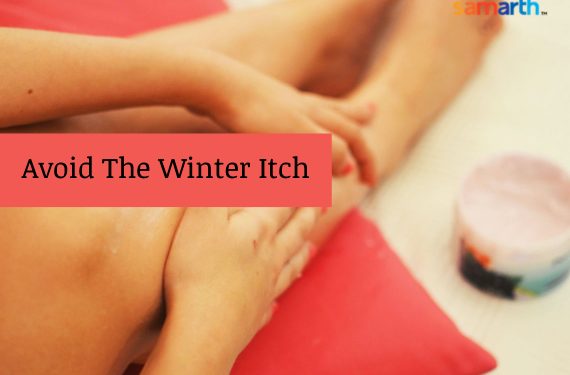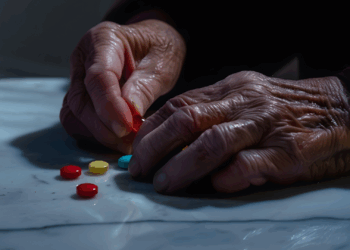Every season brings with it certain issues, most of which are known issues, and hence, we should be able to take preventive or corrective actions against these. Many issues occur in winter- mainly respiratory and flu-related. It is essential to follow instructions to stay safe against these. However, winter also brings in another common issue, that of the itchy skin. This happens to most people irrespective of their ages and maybe experienced slightly more in seniors.
Especially if people already have any skin infections or conditions like eczema, this can flare up in the winter. You may start feeling the urge to keep scratching the dry skin, and may end up having patches of dry, scaly, and sore skin. If you scratch more, the skin may get mild blisters, and you may have to seek medical intervention for infections also. Given below are a few tips and tricks on how to stay safe and avoid the itchy winter skin.
Understanding the why

Join Now >
Before we take precautions, it is also important to understand what happens in the winter season that our skin begins to itch so much. The cold air of the winter has relatively low humidity, and this causes our skin to dry as the moisture is deprived, and thus, it slowly begins to itch. Unfortunately, in parts of the country, where it is extremely cold, this is also the time when we use indoor heaters to stay warm. And this further reduces the humidity and aggravates the skin condition. So, it all boils down to the low humidity and the moisture in the skin.
Moisturizing
If you understand the cause of the problem, it should be able to fix the issue to a great extent. Hence, to make up for the lack of moisture in the skin, one needs to apply moisturizer to the skin. Not just the hands and legs, and face, but preferably, all over the body. Petroleum or cream-based moisturizers are best in the winter. If you have more sensitive skin, then please consult a dermatologist who can prescribe you some special lotions or creams, and even body soaps, that can keep your skin hydrated. It is also important to apply the moisturizer as soon as you have had a bath.
Avoid hot water baths
Understandably, people prefer to take hot water baths in the winter, to avoid the cold and feel warm. However, hot water is extremely harmful to our skin and makes it drier. Also, please do not rub your skin to dry it out after a bath or a wash. You should only pat dry the skin, as when you rub the towel, it creates friction on the surface, which further irritates your skin.
Take a bath in lukewarm water, dry yourself out immediately, apply the moisturizer, and get dressed in warm, cotton clothes. If you have itchy skin, anything other than cotton can also cause the itchiness to aggravate. It is good to avoid detergent-based soaps and use any natural or organic options.
Diet and hydration
During winter, we tend to drink less water; this can also add to the dry skin problem. It is important to stay hydrated during winter, by drinking the regular quantity of water or liquids. Also, eat a healthy diet full of veggies, fruits, nuts, and seasonal fruits like oranges, avocados, musk melons, etc. Avoid caffeine and alcohol, as both these can harm the skin more during the winter.
Exercise and sleep
During winter, we tend to give up on our regular activities and exercise. However, for healthy skin and body, it is vital to keep up our regular exercise regimen. If nothing, some simple Yoga poses, or indoor cycling may also do. Also, Vitamin D is good for skin, and you should try to get at least 10 minutes of sun in the mornings to ensure your daily quota of Vitamin D. The cells of the skin renew during the time that we sleep, and hence, it is important to get our daily quota of sleep of seven to eight hours. Another important point to note is to keep your feet dry and apply moisturizer and also wear socks to protect it from the cold, even while sleeping.
Despite all the care, if you find that you have consistently itchy skin that is stopping you from having a good nap, and deters you from your regular activities, please make sure to consult a doctor.









